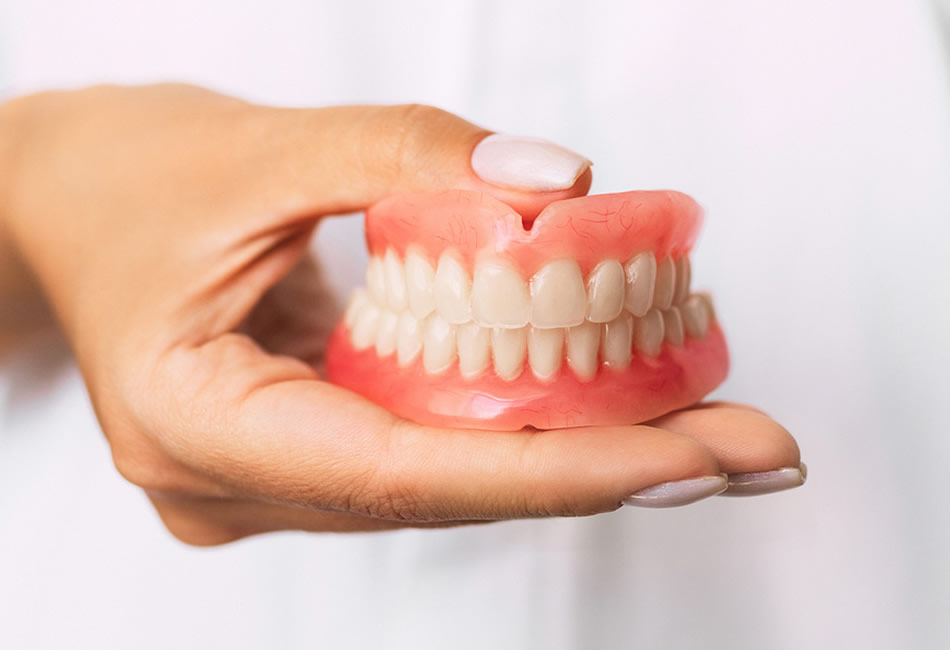Teething marks an important milestone in your baby’s development, but it can also be a challenging time for both infants and parents alike. At Ananta Physio Dent, we understand the concerns and questions that arise when your little one starts teething.
In this guide, we’ll explore everything you need to know about teething, from when it typically begins to how you can help alleviate your baby’s discomfort.
When Does Teething Start?
Teething, also known as primary tooth eruption, begins when teeth start to emerge through your baby’s gums. Contrary to popular belief, this process actually begins long before your baby is born. Tooth buds start to form during the second trimester of pregnancy, and after birth, these buds continue to develop until they eventually break through the gums. Most babies will have their full set of 20 primary teeth by the age of 3.
Teething usually starts around six months of age, but it’s important to note that it can begin as early as three months or as late as 12 months. Every child is different, and the timing of teething can vary from one baby to another.
Teething is when a baby’s teeth start to come through their gums. It usually happens when they are around six months old, but it can begin earlier or later. Every baby is different!
Signs of Teething
Teething can make babies feel uncomfortable, and they might show some signs like:
- Drooling a lot
- Being fussier than usual
- Swollen or red gums
- Rubbing their ears
- Getting a rash on their face
- Having a slight fever
- Wanting to suck or bite on things
How to Help Your Baby?
If your baby is teething, there are some things you can do to help them feel better:
- Give them something safe to chew on, like a teething ring or a cold washcloth.
- Gently rub their gums with a clean finger or wet cloth.
- Offer them cold foods like applesauce or yogurt if they are eating solids.
- Give them extra cuddles and kisses for comfort.
- If your baby seems very uncomfortable or if you’re worried about their symptoms, talk to your doctor.
Taking Care of Baby's Teeth
Even though baby teeth are temporary, they are important for chewing, eating, and talking. Here are some tips for keeping them healthy:
- Help prevent cavities by keeping their teeth clean and avoiding sugary foods.
- Remember that baby teeth play a big role in your child’s development, so take care of them!
- Learn about good dental care habits for babies and toddlers to keep their smiles healthy.
- By looking after your baby’s teeth and knowing what to expect during teething, you can help them stay happy and healthy as they grow.
By prioritizing dental hygiene and seeking professional guidance when needed, you can help ensure that your baby’s teeth stay healthy and strong as they continue to grow.



